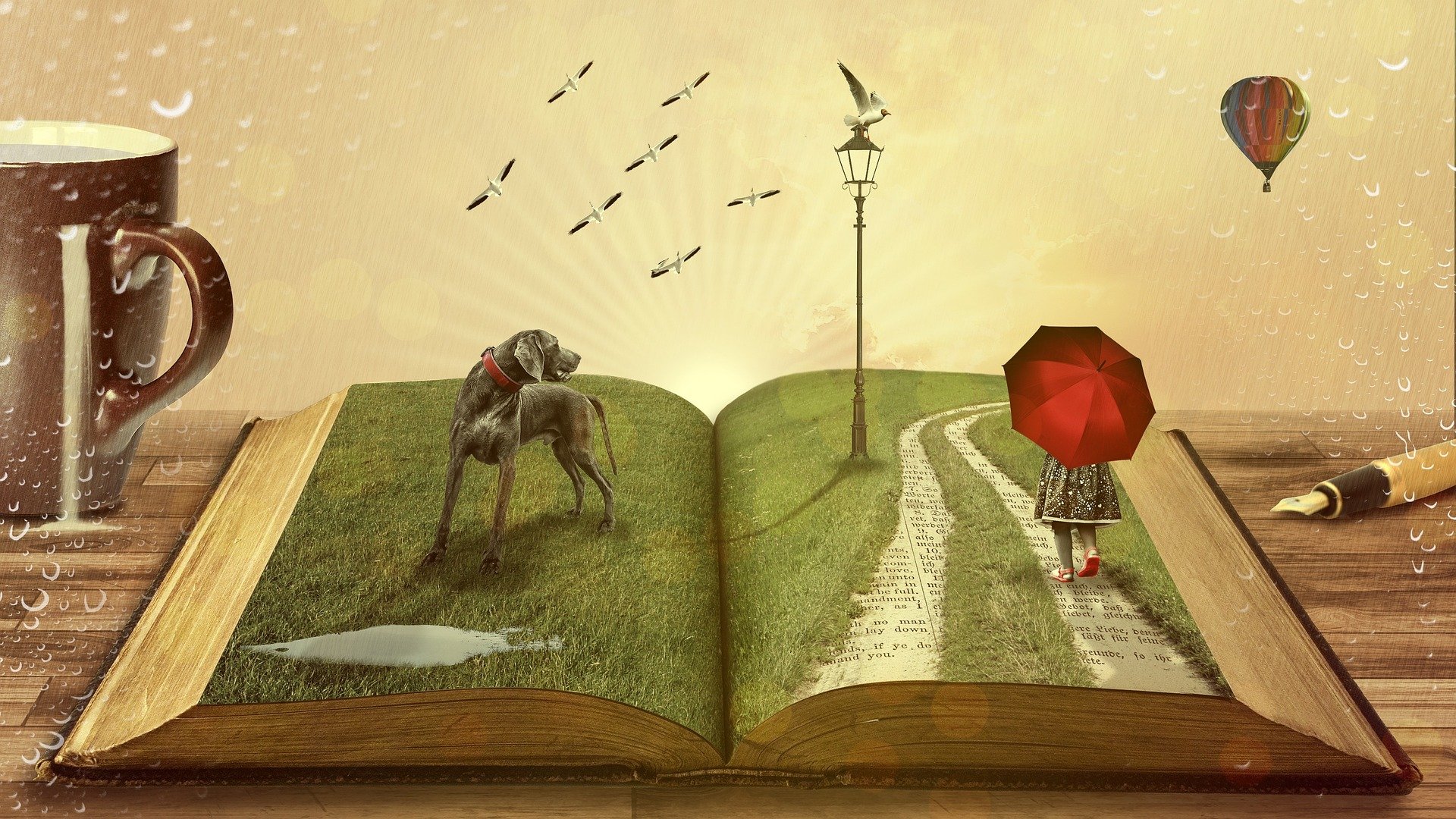Writing, in and of itself, is pretty easy. Over the course of the day, I have written dozens of text messages, all of them with relatively little effort, which successfully conveyed my thoughts to the recipient. “Pizza for dinner?” is pretty hard to misinterpret.
Writing well is hard. I’m struggling to do it now and have been for about two hours. I have been reading, writing, and speaking English since the moment my brain was developed enough to read, write, and speak—yet still I struggle.
Learning a new language is also hard. I took French in school for seven years, and spent four months living and learning in France, and still barely consider myself conversationally fluent. Don’t even get me started on my brief foray into learning Sanskrit.
In spite of my own struggles with writing and bilingualism, there are millions of people who write well, and millions of people who speak multiple languages. Some impressive individuals can write well and know multiple languages, and if you count yourself among their ranks, this article is for you.
Language is the author’s paintbrush; each word a brushstroke carefully placed to create a work that is greater than the sum of its parts. Translating a piece of writing into a different language, then, is like recreating a piece of art in a different medium—like a watercolor rendering of Van Gogh’s Starry Night. Each language has a unique cultural and societal foundation, and unique phonetics which can greatly affect how we interpret a phrase or sentence. In this way, a translated work is never quite the same as its original form. The English language could never fully capture the poetic brilliance of Rumi’s work in its original Arabic, and so on.
Bilingual authors, then, are in a rather unique situation, because they are able to create two parallel original works: the same original idea from the same brain, but in two different languages. There have been many writers throughout history who have done just that, among them such legends as Vladimir Nabokov, Samuel Beckett, and Jorge Luis Borges.
In order to self-translate effectively, though, one must have a truly profound knowledge of both languages. I could write a story in English, and though I can carry a conversation in French, it would take years of living in France and studying the language for me to be able to successfully translate my English story into French.
If, unlike me, you are truly bilingual, either natively or through a feat of impressive determination, then self-translation may be the best option for you (though, to be honest, it seems like a lot of work). However, if you lack native-like fluency in your second language, or even if you just want a second opinion, enlisting the help of a skilled translator can make a world of difference in the quality of your translated piece. Their specific skill set will help to expand your perspective and create a translation that you are happy with. Most importantly, their help will ensure that a whole new audience can fully experience and appreciate your work.

